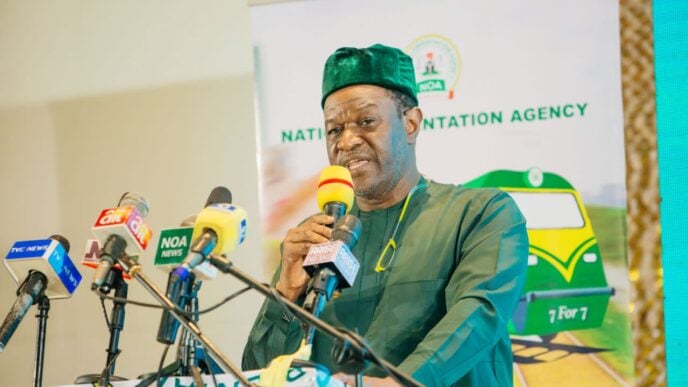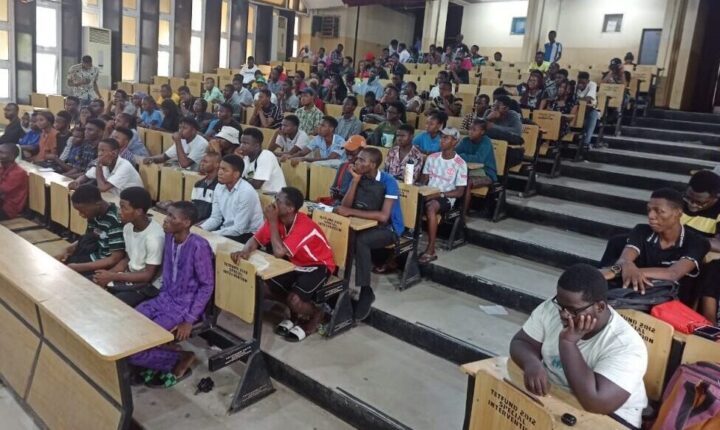BY OLUWATOSIN OSHABGEMI
For more than half a century, June 5th has marked World Environment Day (WED). This initiative by the United Nations, in collaboration with key stakeholders, aims at spotlighting critical environmental challenges across the globe. From desertification in Africa to melting ice in the Arctic, each year’s observance draws attention to a pressing issue that affects our existence and interaction with the environment, and the planet at large.
In recent years, one of the most persistent threats to the environment has been plastic pollution. The 2025 theme titled: Putting an End to Plastic Pollution, furthers the conversation to the 2023 edition that focused squarely on this crisis, under the theme Beat Plastic Pollution, calling for a global end to plastic waste by 2040—a target as ambitious as it is urgent. The emphasis on this plastic issue therefore underscores the importance.
According to Our World in Data, global plastic production has surged from just 2 million tonnes in the 1950s to over 450 million tonnes by 2019—more than doubling in the last two decades alone. These figures are alarming not just for their magnitude, but because of what plastic waste does after we discard it. Non-biodegradable by nature, plastic waste infiltrates our oceans, clogs our drains, poisons our soil, and harms both human and animal health.
Advertisement
For countries like Nigeria, where waste management remains largely aspirational, the challenge is even more acute. The World Bank estimates that Nigeria generates about 2.5 million tonnes of plastic waste annually, with up to 70% of it mismanaged. This places us among Africa’s top plastic polluters.
In 2024, the Lagos state government, Nigeria’s commercial capital, announced a phased ban on single-use plastics, with full implementation slated for July 1, 2025. The ban excludes PET bottles, water sachets, and plastic bags thicker than 40 microns. While this is a commendable step, it raises an uncomfortable question: Can we truly beat plastic pollution with bans alone?
Sceptics are right to worry. Nigeria has a chequered history with policy enforcement. Past attempts at banning certain materials or behaviours have often faltered due to poor planning, weak public engagement, lack of viable alternatives, and inconsistent enforcement. The truth is, a well-meaning ban without an ecosystem to support it will not work. Real change demands more: widespread public education, investment in recycling infrastructure, partnerships with private waste collectors, and stronger civic engagement.
Advertisement
Take, for instance, the recent viral controversy about Lagos “smelling.” Instead of engaging in blame games, both government and citizens should have used that moment for serious self-reflection. If our environment reeks, it’s because our systems are broken—and fixing them requires all hands on deck.
As we mark the 53rd World Environment Day, we must remember that the burden of environmental responsibility does not rest with the government alone. It rests with all of us. If we truly wish to see clean cities, healthy oceans, and sustainable communities, we must act in concert—citizens, corporations, and country.
Only then can Nigeria move from pollution to progress.
Oluwatosin Oshagbemi, a banker & sustainability professional, can be contacted via [email protected]
Advertisement
Views expressed by contributors are strictly personal and not of TheCable.










